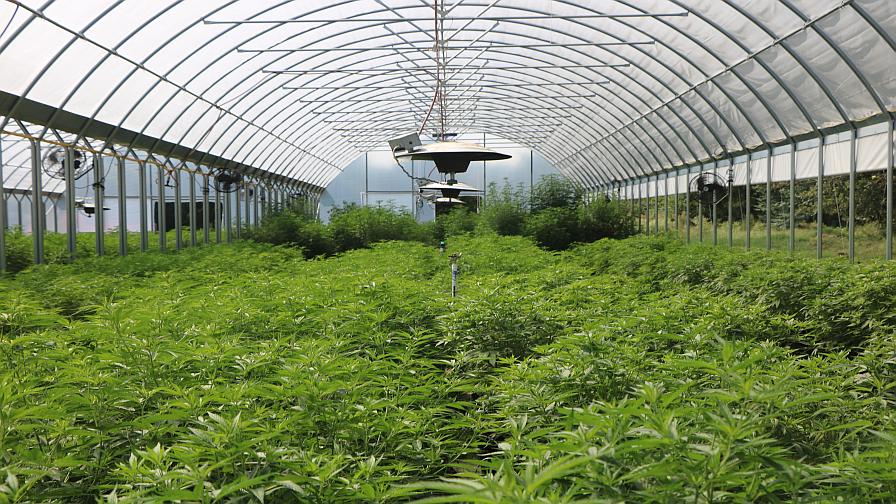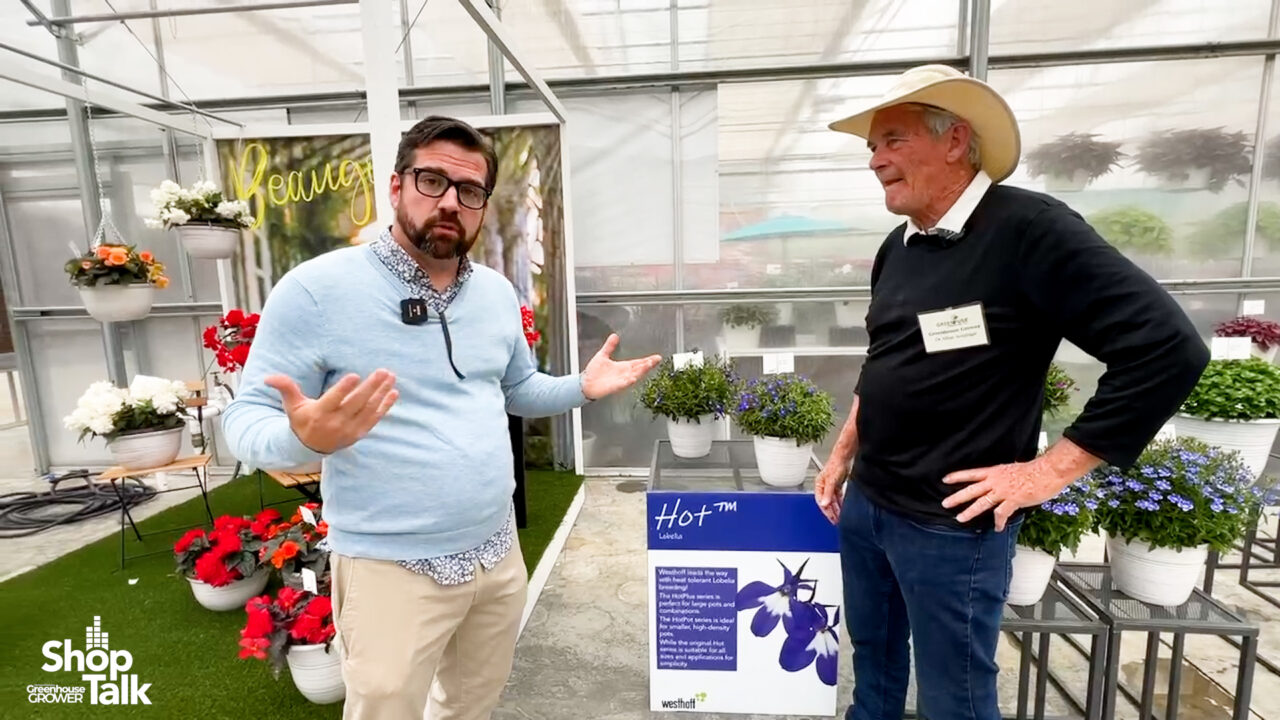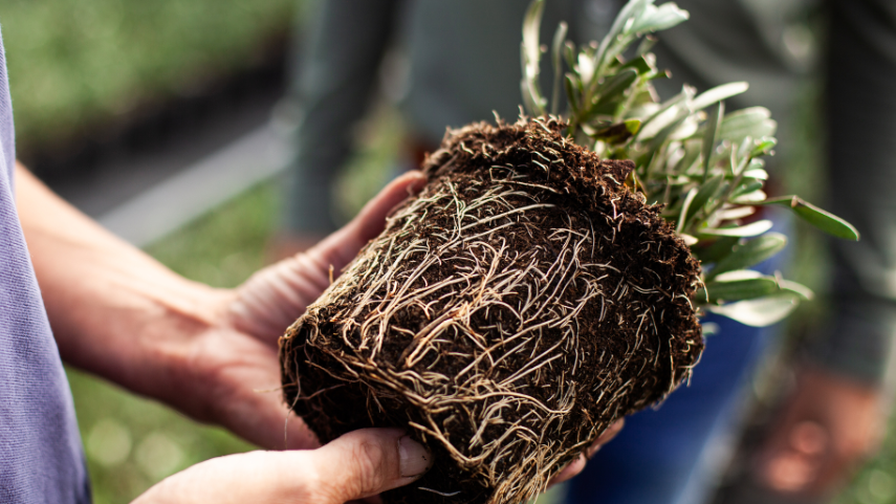Ways Indoor Farming Can Help Supplement the Food Supply Chain
Land preservation and regenerative organic agriculture practices are critical to solving food insecurity and combating climate change. The problem is, we only have so much land, according to John Church, co-head of Food & Beverage for HSBC USA. That’s why innovators in the field have been developing new technologies such as indoor and vertical farms designed to supplement outdoor farming.
Indoor farming allows for certain foods to be grown hydroponically in a closed-loop environment year-round. “These systems often recirculate water, which can be more efficient than how water is used for other types of crops,” Church explained. “Light and temperature can also be controlled, and since there is no exposure to pests, no chemistry is needed.”
Perhaps one of the most significant benefits of such farms, however, is that they can be built anywhere. That means food such as leafy greens can be grown closer to population centers. Because it travels fewer miles to the plate, the taste and texture of the output from indoor farms is often better than conventionally grown produce.
“Higher-end chefs who like to have access to the freshest produce possible are also very interested in this trend,” Church says.
While indoor and vertical farming will not feed the world, Church believes it can supplement the supply chain. One leader in indoor farming, for instance, recently began construction of a research center in Abu Dhabi, UAE. “This is the perfect spot for a vertical indoor farm,” he explains.
Due to its arid environment, the conditions are not suitable for outdoor growing, so the country has historically imported its produce. Recently the UAE’s government publicly stated it wants to become more sustainable — and this solution will go a long way in helping it achieve that. “Bringing fresh food to people who might not otherwise have access to it in this way is good for the country and good for consumers,” Church says.
There are environmental and social benefits to indoor farming as well. “In addition to potentially reducing carbon impact because food has to travel fewer miles to get the consumer, indoor farms can minimize the risk of supply chain disruptions like we saw during the COVID-19 pandemic,” Church says. They can also bring jobs to people who have limited opportunities. This was the case when a startup built a 2.76 million square foot facility in Kentucky, creating jobs in an area hard hit by the coal industry’s collapse.
For more, continue reading at GreenBiz.com.









